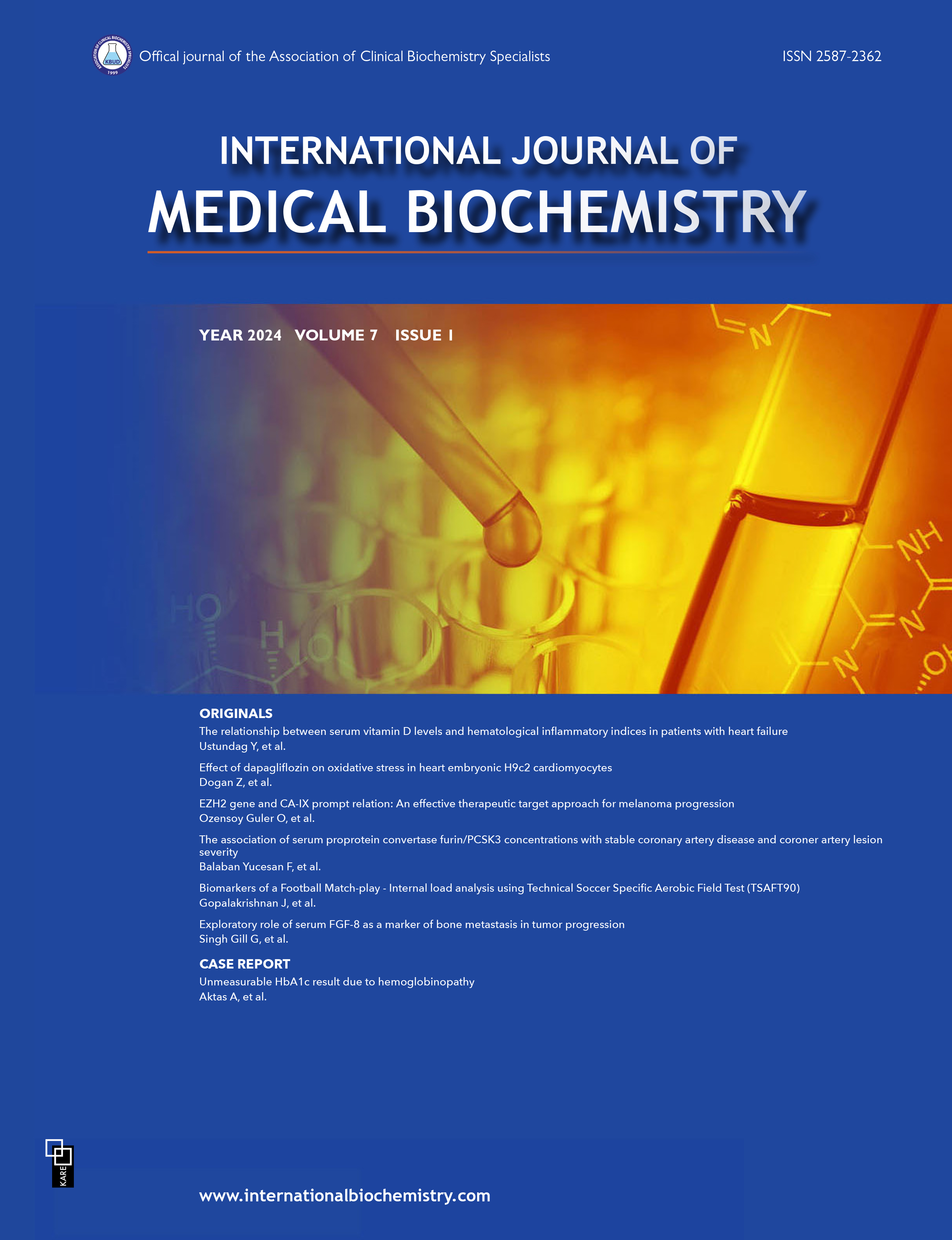Volume: 0 Issue: 0 - 0
| 1. | Page 0 INTRODUCTION: METHODS: RESULTS: DISCUSSION AND CONCLUSION: |
| 2. | Reverse cholesterol transfer (RCT), which plays a critical role in the export of cholesterol from peripheral cells, is one of the processes employed in the management and treatment of atherosclerosis. RCT requires cholesterol efflux from macrophages in th Maha Abdulmajeed Ayoub Page 0 Reverse cholesterol transfer (RCT), which plays a critical role in the export of cholesterol from peripheral cells, is one of the processes employed in the management and treatment of atherosclerosis. RCT requires cholesterol efflux from macrophages in the subintima of the vessel wall. ATP-binding cassette transporters A1 (ABCA1) and G1 (ABCG1) transfer cholesterol from arterial macrophages to extracellular high-density lipoprotein cholesterol (HDL). The HDL then carries the esterified cholesterol to the liver, where it is eliminated. HDL is an essential element in reverse cholesterol transport and extracellular cholesterol excretion. By modifying the processes of RCT and cholesterol efflux, it is possible to inhibit atherogenesis, which might lead to innovative treatments for cardiovascular disease. New modifying factors for RCT and cholesterol efflux must be investigated. Through study, a deeper knowledge of RCT's molecular processes has been achieved, enabling the development of novel therapies that exploit RCT's pharmacological potential. This review aims to stimulate discourse on the possible influence of certain flavonoids on cholesterol efflux on the evolution of atherosclerosis (Fig. 1.). |



















